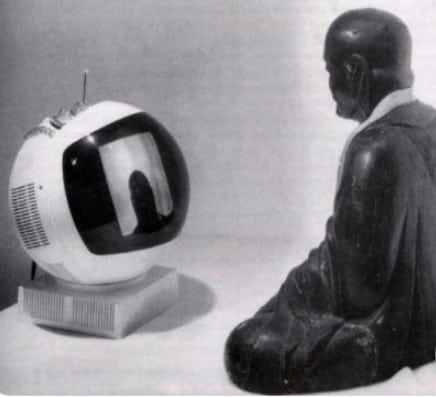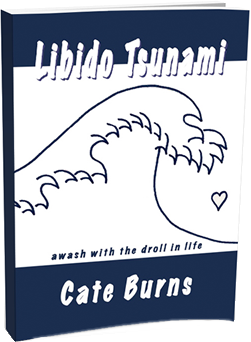My Favorite Illusions

In college, I took a class on Buddhism and I learned, for the first time, that I needed to discover the illusions that ruled my life. I remember thinking, What are they talking about? I don’t have any delusions. Life is straightforward. I work to earn my way through college. That’s it. I conveniently ignored troublesome family connections and the new relationships I forged in college, based on old misapprehensions.
Many years later, I discovered that the Buddhist teachings proved to be true. Over several decades, some basic misconceptions had dominated all my major decisions, leading me into trouble. I’ve now defined my favorite self-deceptions that still pop up from time to time.
Growing up, I was taught to become addicted to drama. The more exciting, intriguing or emotional a situation, the more meaningful it was. Even my parents’ almost constant, loud arguments, that sometimes became violent and terrified me, were later laughed off by them as evidence of their passion for one another. I carried these values subconsciously, into adulthood: that extreme emotions made life worth living. It’s taken decades for me to value serenity, quiet and meditation.
Another big error lay in believing that, if I was fully devoted to someone and tried hard enough to communicate (which usually meant ingratiating myself), everyone would like me; in the case of family or partners, they would love me. Much to my surprise, would-be friends or partners often perceived me as a door mat and took advantage. Usually, I made excuses for their rude behavior. They were having a bad day. They felt ill. It took a couple of decades for me to get past the excuses and see reality. Eventually, I learned to set boundaries with disrespectful people and accept that not everyone liked me. These were tough and major life lessons.
Ignoring my fears proved to be another bad habit. Normally, I basked in the illusion that I was brave and bold. I believed I could accomplish anything, once I set my mind to it and worked hard. I didn’t allow myself to feel fear or doubt. However, I wondered why I was plagued with nightmares and obsessive thinking that sometimes kept me awake all night. I recently learned that my mind’s repetitive attempts to problem-solve were based on fears I’d never admitted. I decided to accept fear as a friend, as a normal and universal human experience.

I taught myself to talk to my fears, to write about them and discover what lessons they held for me. If I found myself afraid of certain difficult people, I meditated on the situation and became able to learn the lessons I needed; such as protecting myself, letting go of some relationships, forgiving myself or the other person. The nightmares and obsessive thinking disappeared.
More illusions may reveal themselves. They always surprise me. However, now I see them as part of life’s wondrous ongoing discoveries.

Cate Burns is the author of Libido Tsunami: Awash with the Droll in Life, in which she unearths the ludicrous in the emotional live traps surrounding us — in families, friends and disastrous romances. Get it on Amazon today.
